We caught up with the brilliant and insightful Mike Kimmel a few weeks ago and have shared our conversation below.
Hi Mike, thanks for joining us today. We’d love to hear about a project that you’ve worked on that’s meant a lot to you.
I had the great good fortune to audition for eight-time Academy Award winning writer and director, Francis Ford Coppola in 2016. Mr. Coppola was working on “Distant Vision,” a personal passion project that he had been preparing for more than thirty years––a semi-autobiographical epic encompassing three generations of his own family.
I was personally cast by the maestro and hired to portray the family patriarch, Vincenzo Corrado, the grandfather he remembered from back when he was a ten-year old boy in New York. I’m a native New Yorker myself, and so I felt a strong connection to the director, the script, and the real-life character himself. It was a wonderful project and we shot it on an incredible, high-tech sound stage in Oklahoma, where Mr. Coppola had previously filmed “The Outsiders.”
Gray Frederickson, Mr. Coppola’s producer on the Godfather films lived in Oklahoma and worked on this project, as well. This turned out to be a great opportunity to work with a legendary producer and director on a project that was highly creative and near and dear to both their hearts. You can’t help but grow as an artist when you’re working with people at that level. I was also very flattered that Mr. Coppola allowed me to contribute several original lines of dialogue to the shooting script. He also wrote a book on the project titled, “Live Cinema” in 2017 and included me in several chapters of the book … and shared some very nice feedback about my performance in the film, as well. That was definitely a major career highlight.
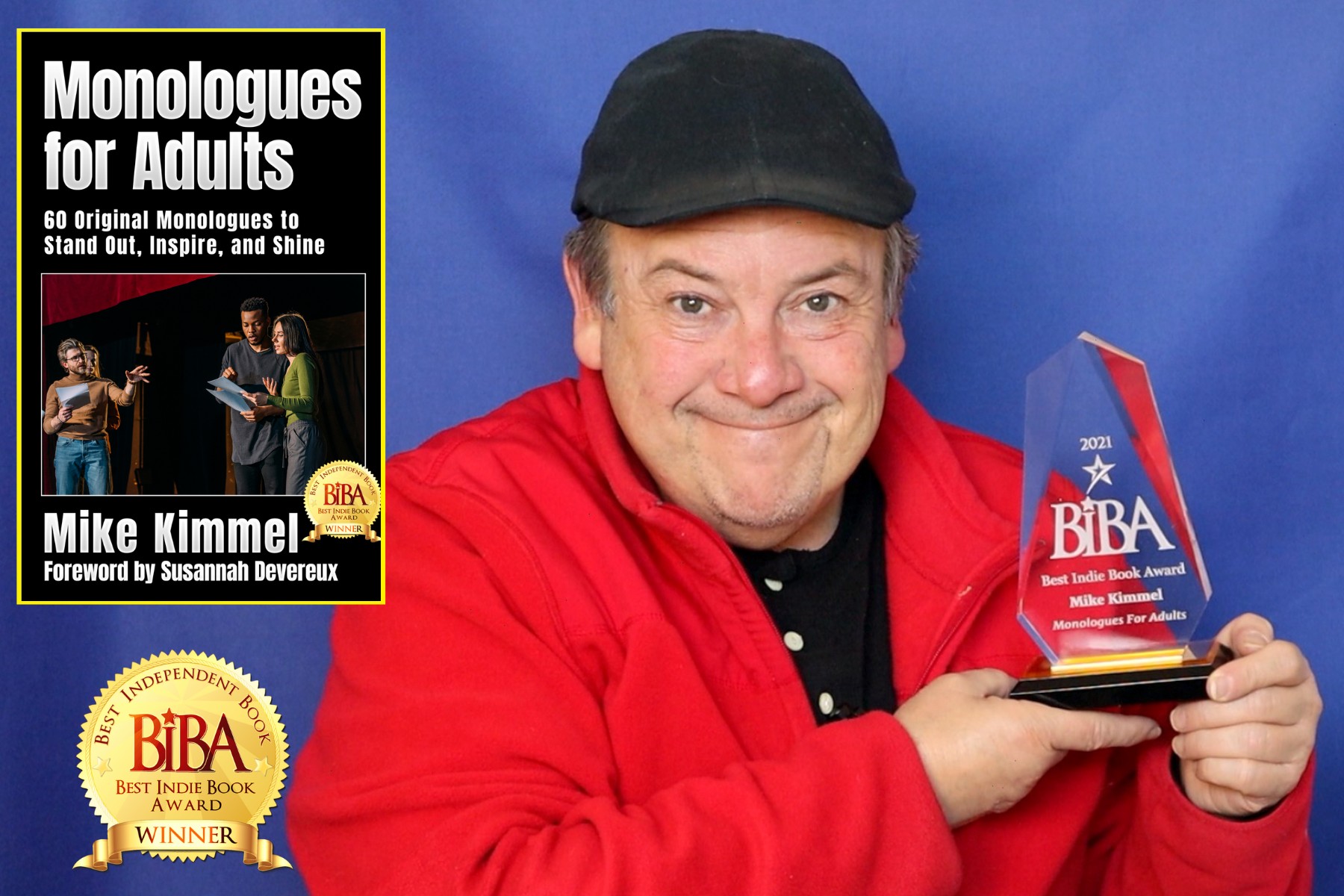
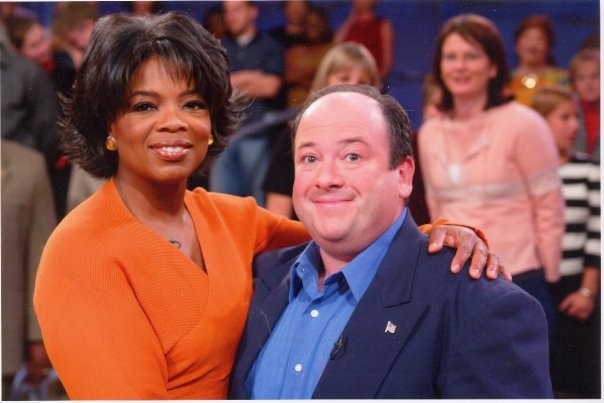
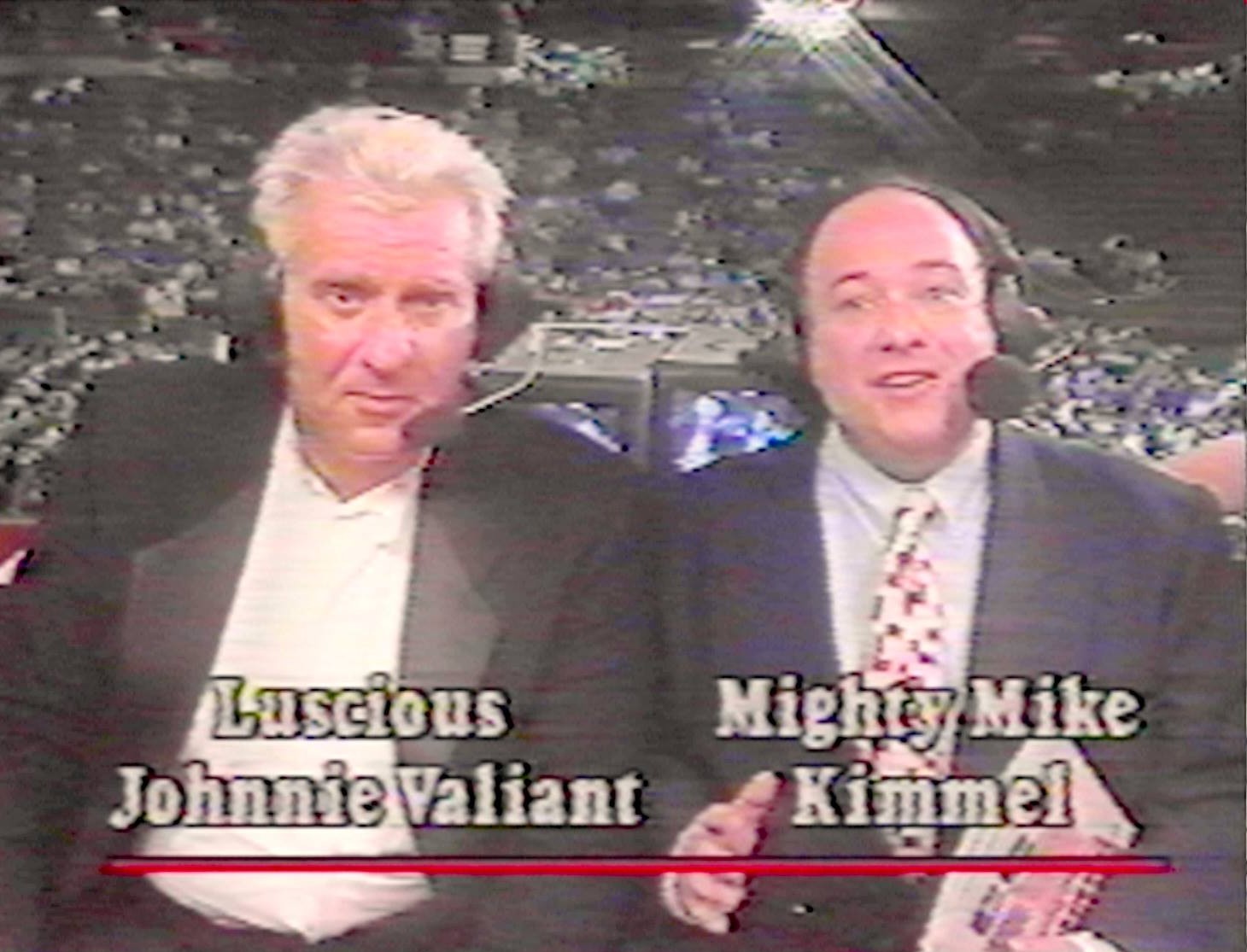
Mike, before we move on to more of these sorts of questions, can you take some time to bring our readers up to speed on you and what you do?
I’m a longtime actor, writer, and teacher from the Bronx, New York. I knew from an early age that I wanted to work in the entertainment industry. My family didn’t know anyone in show business, but I believed that with enough study, determination, and practice, I would able to find an entry point to this highly competitive field. I was blessed to find work in Broadway and Off-Broadway theater in New York and also shot many commercials and print modeling campaigns there. All the while, I worked the night shift in a variety of oddball jobs that kept me going, were flexible, and paid the bills while I was learning my craft and building my credits.
I eventually moved out to Los Angeles, where I was able to land good, solid supporting roles in episodic television, as well as many more commercials and commercial print media ads and campaigns. I was also fortunate enough to book a recurring sketch comedy role on The Tonight Show with Jay Leno just six months after arriving in Hollywood.
Mr. Leno is a creative genius and was terrific to work with. He also loved to improvise dialogue on the spot that we never rehearsed beforehand. I believe he liked the fact that I was able to follow his lead and keep up––without becoming flustered or star-struck. This is where the early New York theater training turned out to be so helpful. I’m certain it’s why I was able to return to work on the NBC stage with Mr. Leno over and over again for more than eleven years.
I’ve also connected with talent agents and booked work in many emerging markets throughout the U.S., including Arizona, Texas, New Mexico, Michigan, Missouri, Louisiana, Georgia, Alabama, and Florida. I have several other working actor friends who have also booked work across the country, even during the pandemic. We often assist one another with auditions and help with breaking down scripts, and general upliift and encouragement. .
Personally, I never bought into the idea of the “starving artist.” I believe we live in an abundant world, and Our Creator did not put us here to putter around, struggle, complain, and bemoan our fate. Show biz is a very competitive field, but everybody knows that when they get started. Also, it’s not any more competitive than it was back in Charlie Chaplin and Mary Pickford’s day. No surprises. No excuses. Growing up in the Bronx with very little money and no connections, I knew I’d have to figure out my own path.
Over the years, I maintained a dual career in education, teaching acting classes for children, teens, and adults whenever I could. I found that there was a real lack of good, practical material for the younger age group, and so I started writing monologues and two-character scenes for the younger students in my classes to perform. I found that I really enjoyed creating this new material, and reasoned that acting teachers in other parts of the country were also experiencing the same problem I was––and might also benefit from this work. I started publishing compilations of the individual scenes and monologues in book form and find this new creative endeavor extremely fulfilling artistically. I’m now finishing up my tenth book for actors, “Monologues for Young Adults,” and feel like I’m just getting started! Hopefully, the best is yet to come.
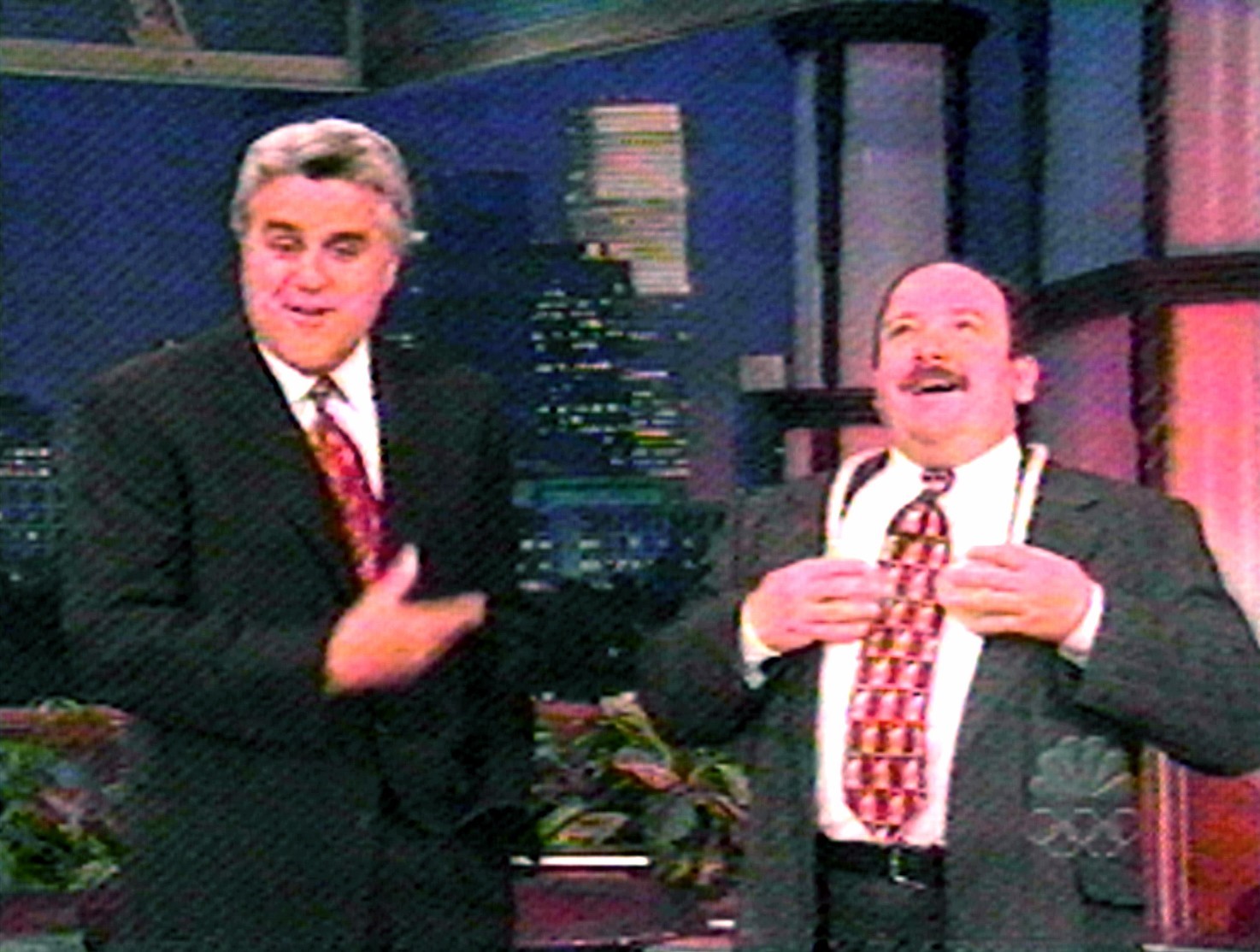
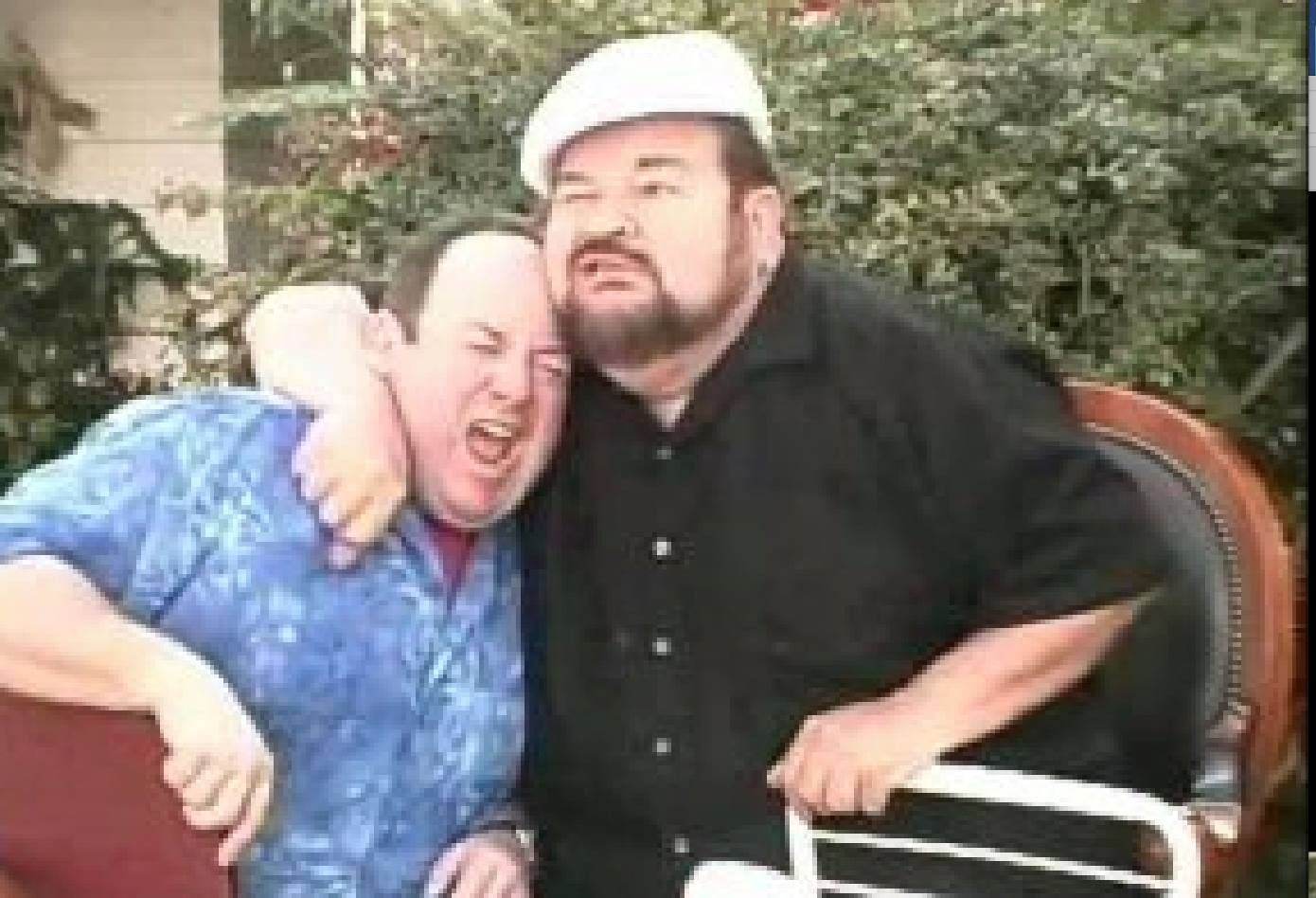
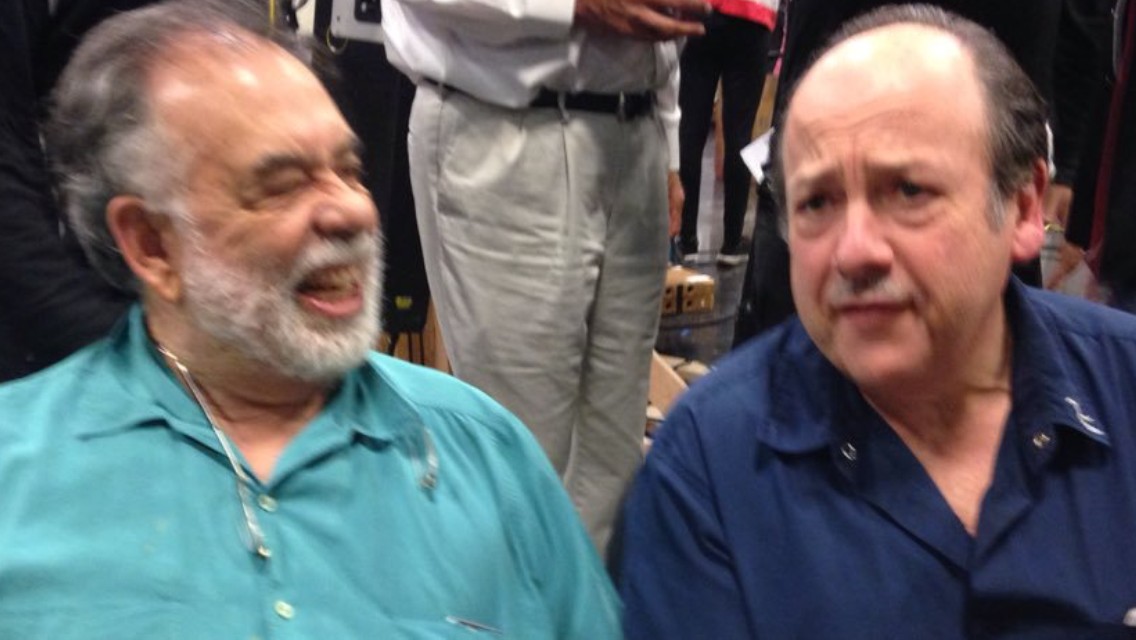
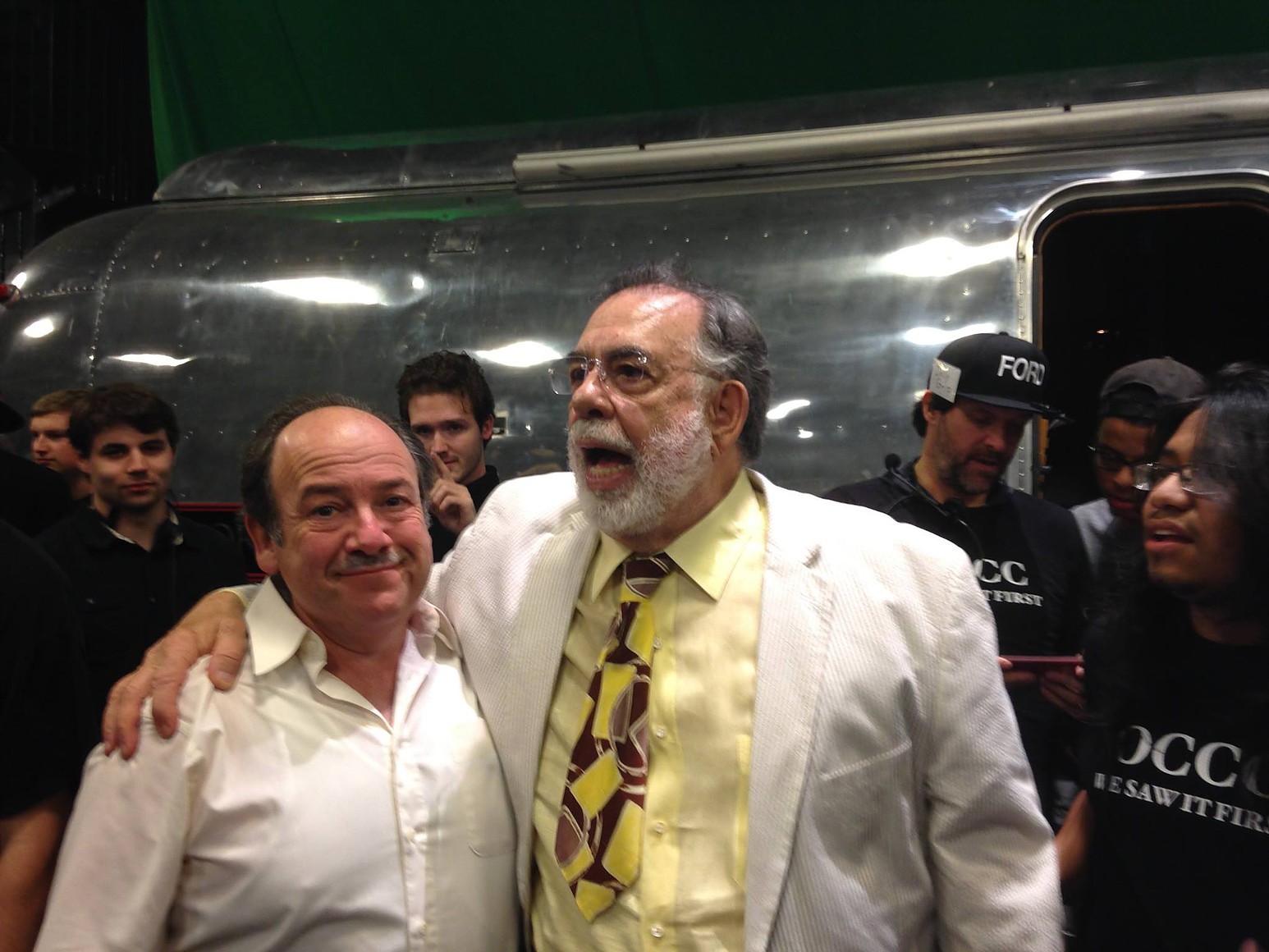
Is there something you think non-creatives will struggle to understand about your journey as a creative? Maybe you can provide some insight – you never know who might benefit from the enlightenment.
I believe the real benefit of diligently working on your craft as a writer is that consistently sitting down at your desk each day to write will teach you what you truly believe in––and who you really are. Many people refer to this as “developing your authentic voice” as a writer. That’s a great way of describing the process. I don’t want to be the next Rod Serling or the next Ernest Hemingway. I want to be the first Mike Kimmel. The only way I can do that is to dedicate myself to writing new material daily.
I’m not perfect, and neither are my books, but I believe the imperfect aspects of my life, my journey, and my creative work can resonate with people too. Life isn’t easy for any of us … and nobody has had an easy time of it in the last two years. We’re all on our own creative journeys. We can all do better. If we can set our sights on achieving tiny, incremental, measurable steps of progress, we can accomplish incredible creative work over time. Even a one percent improvement can help you move mountains over time.
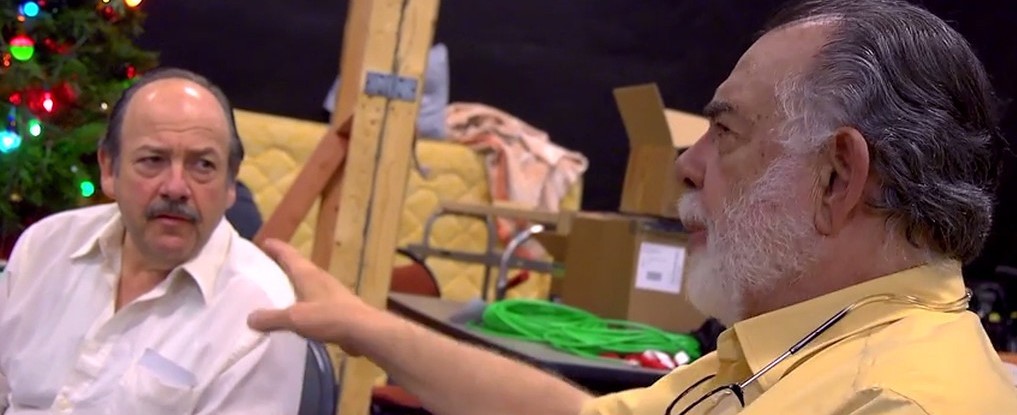

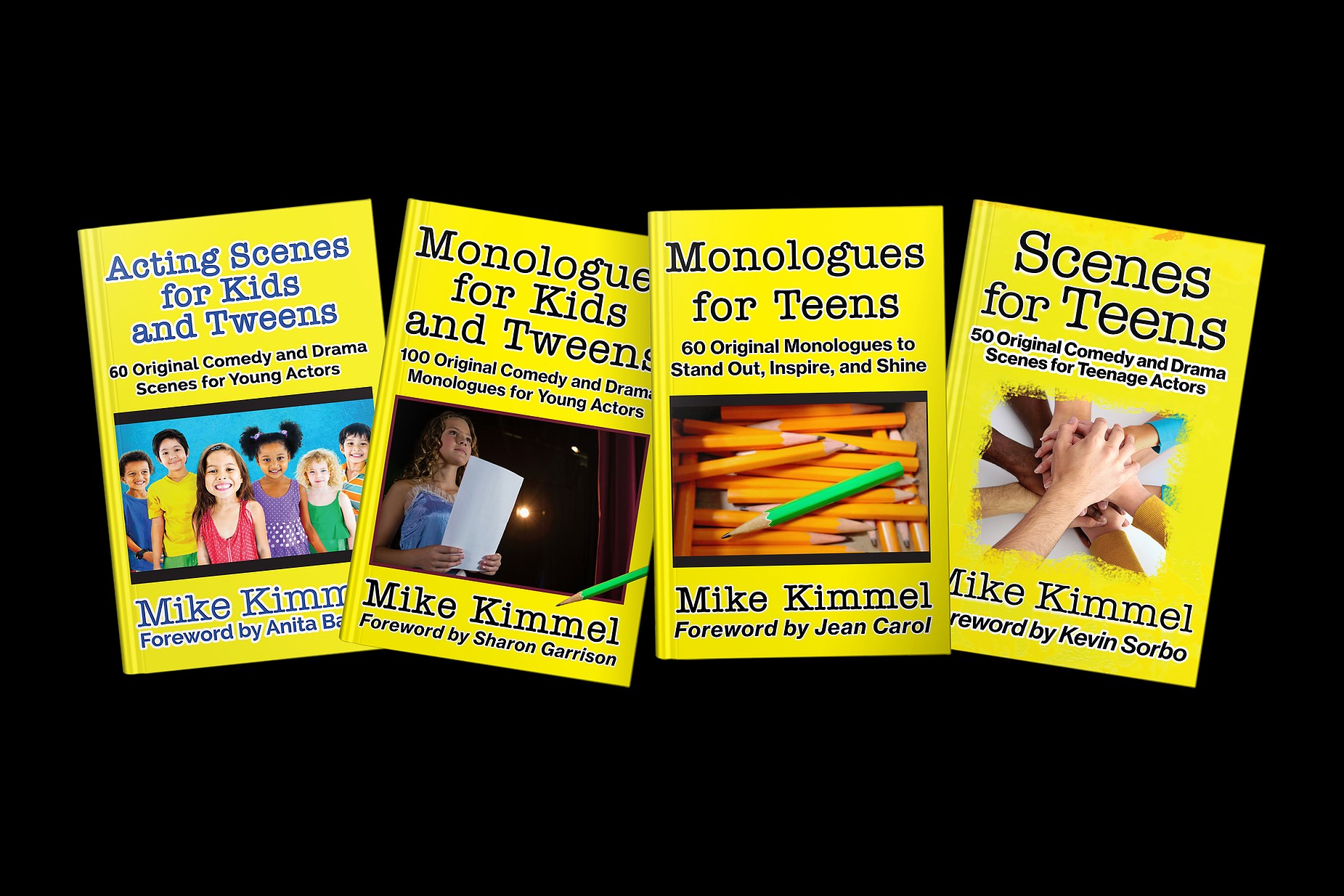
Let’s talk about resilience next – do you have a story you can share with us?
I have a lot of writer friends and recently did a small favor for one of them. He was grateful and wanted to do something for me in return. He offered to become my “accountability partner.” For writers, an accountability partner is someone who checks in with you and makes sure you’re completing your daily goal––usually a page count or word count––and not sitting around eating cookies all day.
My friend asked if I write every day. I told him I did. He then asked when was the last time I skipped a day. I told him that I haven’t skipped a day since 2012.
In 2012, I started writing “Scenes for Teens,” my first book in The Young Actor Series. At that time, I set a goal to write one new book for actors each year. Next, I broke the goal down into daily writing goals to help get me there. Most importantly, I vowed never to skip a day.
Though I appreciated my friend’s offer, I didn’t feel that I needed an accountability partner. My friend was impressed, but to me, this just seemed like common sense. Normal, logical, common sense.
I learned the strategy watching Jack LaLanne, host of the first exercise and fitness show on television. As a child, Jack had a dangerous sugar addiction. At age 15, he changed his life around and embarked on a lifelong exercise and nutrition routine. He maintained that daily discipline consistently throughout his life. Shortly before his passing in 2011 at age 96, a reporter asked him, “Jack, when was the last time you ate dessert?” Without hesitation, the fitness legend replied, “1937.”
Jack LaLanne was “all in.” He never skipped a day. He never compromised on his goals. I call this The Jack LaLanne Technique.
One year after he passed, I adapted Jack’s strategy to my writing efforts. My first book, “Scenes for Teens,” took a grueling three years to complete––much longer than I originally expected. However, with time, patience, daily practice––and way too many cookies––I gradually learned to accelerate the process. With the publication of my fourth book, “Monologues for Kids and Tweens,” in 2019, I was finally able to reach the 2012 goal: writing one new book for actors annually. This would never have been possible without applying the Jack LaLanne Technique.
Contact Info:
- Website: https://www.mikekimmelauthor.com/
- Instagram: https://www.instagram.com/mikekimmelauthor/
- Facebook: https://www.facebook.com/Scenes.for.Teens
- Linkedin: https://www.linkedin.com/in/mike-kimmel-27b41a12/
- Twitter: https://twitter.com/MikeKimmelActor
- Other: https://www.amazon.com/Mike-Kimmel/e/B00QLNC2EC/ref=dp_byline_cont_pop_book_1


